Supporting The Elderly: Special Considerations Post-Hurricane
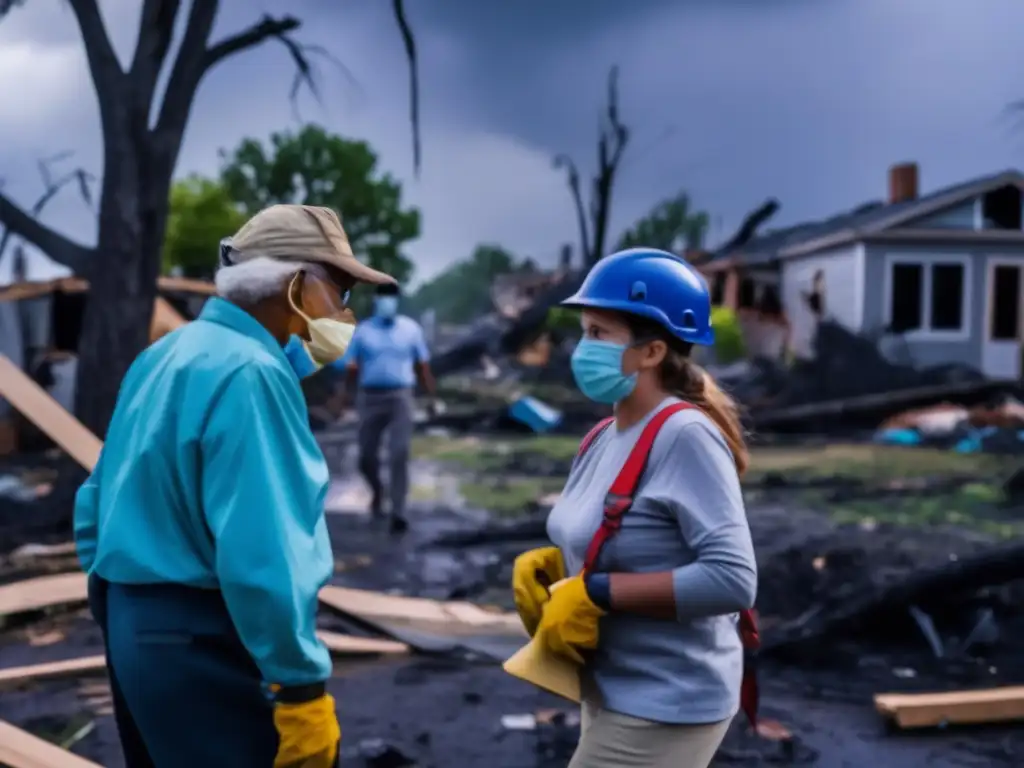
Supporting the Elderly: Special Considerations Post-Hurricane
Introduction
When hurricanes strike, they affect everyone in their path, but the elderly population is particularly vulnerable. They may have limited mobility and chronic health conditions that require ongoing care. In case of evacuations and displacement, providing care for them can be a challenge. In this article, we will discuss special considerations to support the elderly post-hurricane to help limit the negative impact of these events.
Preparing for Hurricane Season
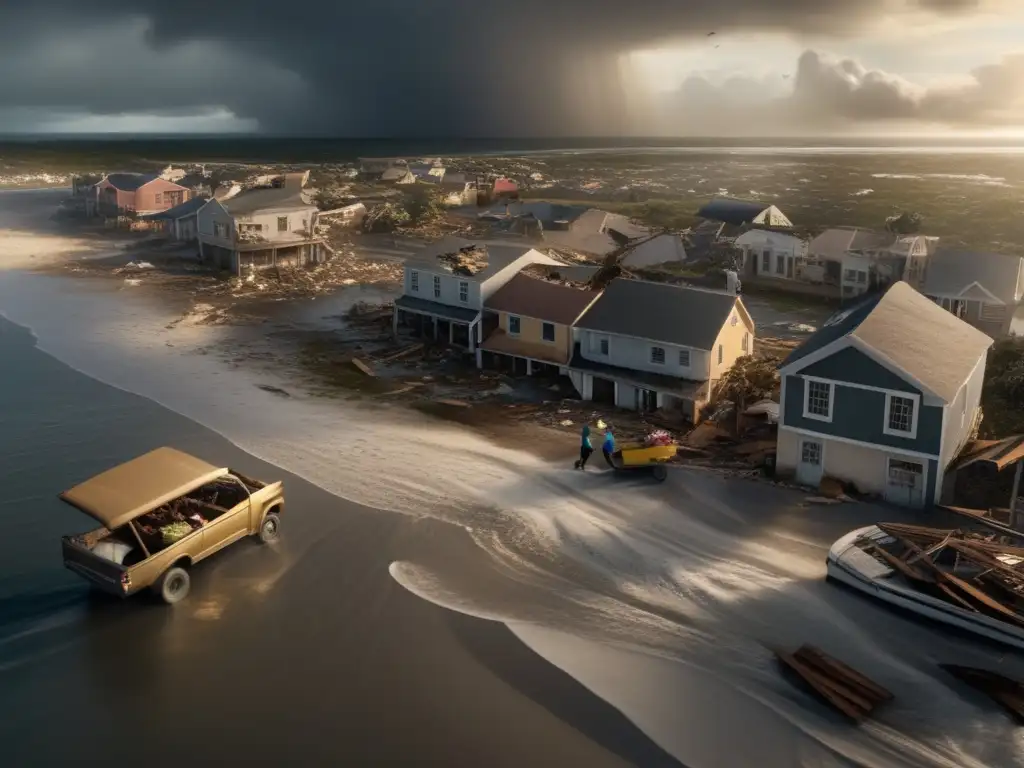
Establish a Plan
Family members or caregivers should work together and establish an evacuation plan ahead of time. This plan should designate a safe evacuation location, transportation arrangements, and how to communicate with one another once they reach safety. It is important to ensure that every member of the household, including pets, are accounted for in the plan.
Ensure Adequate Supplies
Having enough food, water, and medication is critical for the elderly during hurricane season. It is recommended that seniors have at least seven days worth of supplies to avoid shortages in case of power outages or other emergencies. Caregivers should also ensure that oxygen tanks, batteries for hearing aids, and other specialized equipment are available and working properly.
Stay Informed and Connected
It is important for seniors and their caregivers to stay informed about weather updates and any emergency alerts. Seniors should keep a mobile phone charged and should have access to an emergency radio. It can also be helpful to sign up for notification services in your area.
Care After Hurricane Strikes
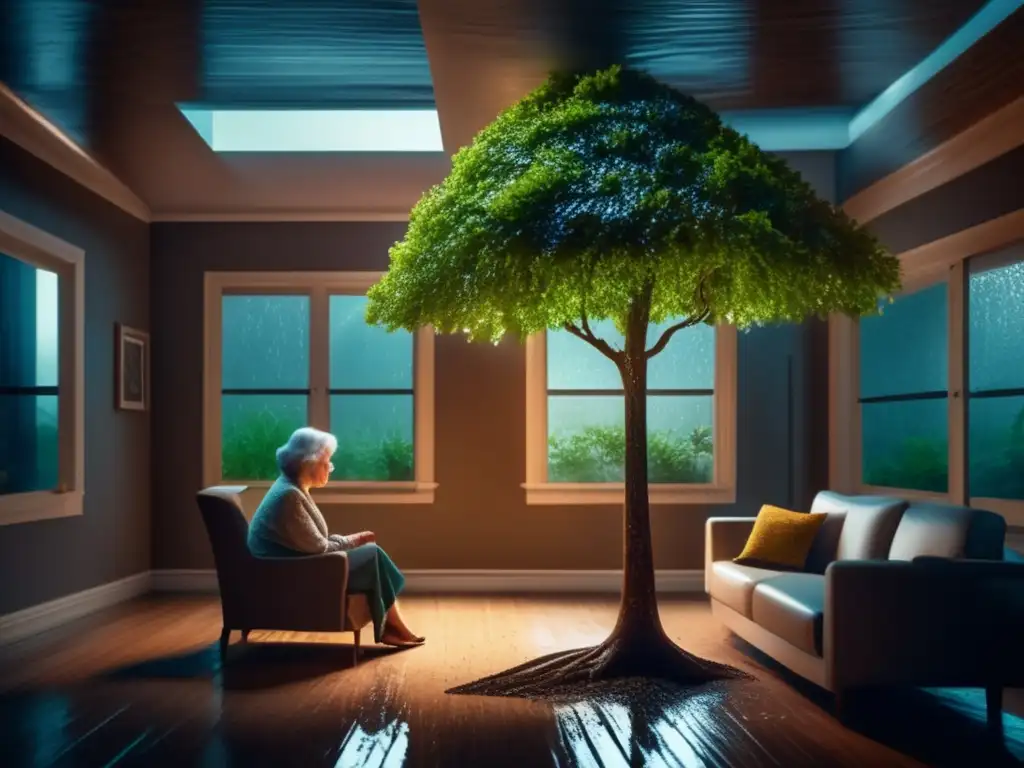
Assessing Damage and Ensuring Safety
After a hurricane, it is important to assess damage and ensure safety before returning to the home. Caregivers should check for structural damage, fallen debris, and gas leaks. It may be necessary to have a professional inspect the home before it is safe to occupy again.
Restoring Services and Support
Seniors may require assistance restoring their basic needs post-hurricane, including access to clean water, electricity, and transportation. Local agencies can provide resources to help seniors obtain these services. Additionally, caregivers can help seniors maneuver through the financial and legal aspects of disaster relief programs.
Addressing Emotional and Mental Health Needs
The emotional and psychological impact of a natural disaster can be devastating for the elderly. They may experience anxiety, fear, and depression in the aftermath. It is important for caregivers to provide emotional support, listen to their concerns, and connect them with mental health professionals if needed.
Frequently Asked Questions
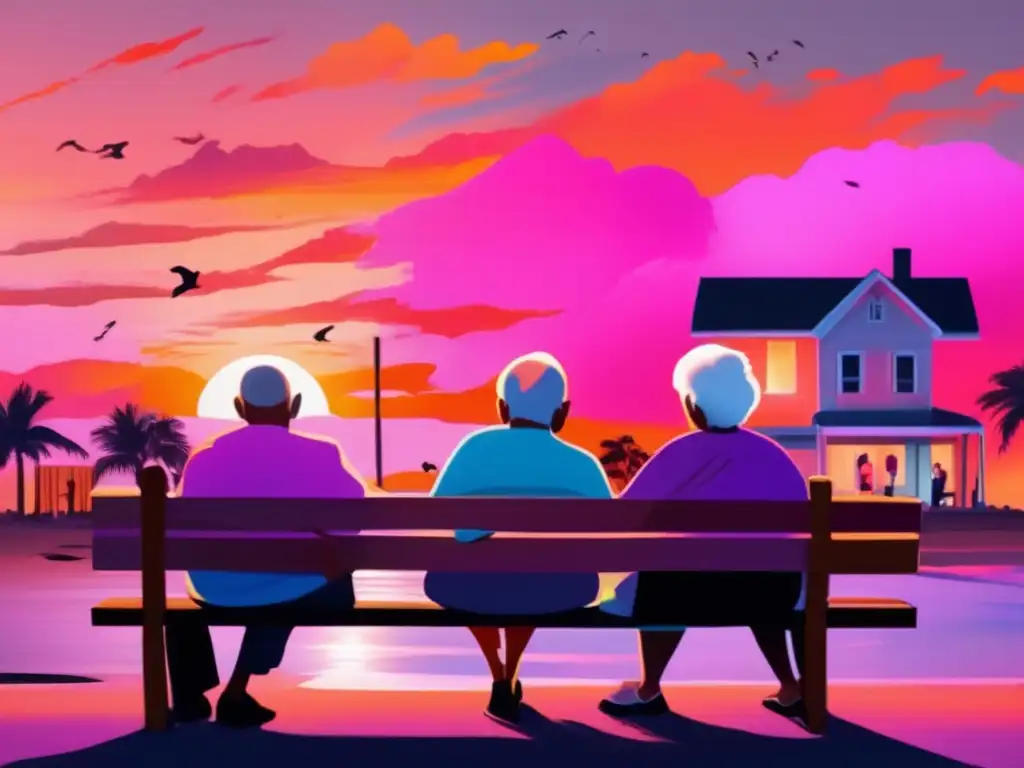
-
How can I prepare my elderly loved one for a hurricane?
Establishing an evacuation plan, ensuring adequate supplies, and staying informed and connected are all essential steps to preparing the elderly for hurricane season.
-
What should I do if my elderly loved one's home sustained damage during a hurricane?
Caregivers should assess damage and ensure safety before returning to the home. Seniors may need assistance restoring basic needs post-hurricane, such as access to clean water, electricity, and transportation.
-
What can I do to address emotional and mental health needs of the elderly post-hurricane?
Caregivers should provide emotional support, listen to their concerns, and connect them with mental health professionals if needed.
-
What should caregivers do if their elderly loved one experiences a medical emergency post-hurricane?
Caregivers should be prepared and have a plan in place for emergencies, including knowing the location of the nearest hospital and having necessary medications on hand.
-
How can I get financial and legal assistance for my elderly loved one after a hurricane?
Local agencies and disaster relief programs can provide resources to help seniors obtain services and maneuver through the financial and legal aspects of recovery.
Conclusion
Supporting the elderly post-hurricane requires careful planning, implementation, and emotional support. As a caregiver or family member, it is important to establish plans ahead of time, ensure adequate supplies, and stay informed and connected. After a hurricane strikes, assessing damage and restoring access to basic needs are crucial. Caregivers should also address emotional and psychological needs and connect seniors with mental health professionals when required. Providing care for the elderly during and after hurricanes is essential, and we hope that this article has provided some valuable insights to help make this process easier.
We encourage our readers to share their experiences and other ideas in the comments section. For more information on hurricane-related topics, please visit our website at hurricaneinsider.org.
Additional Resources
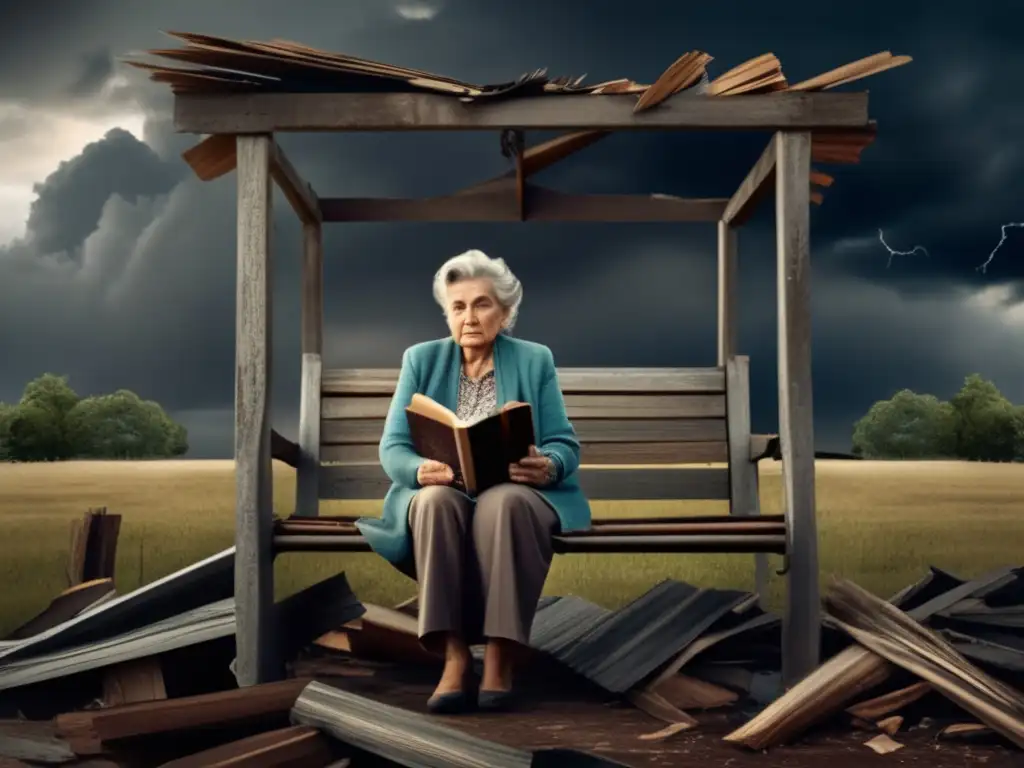
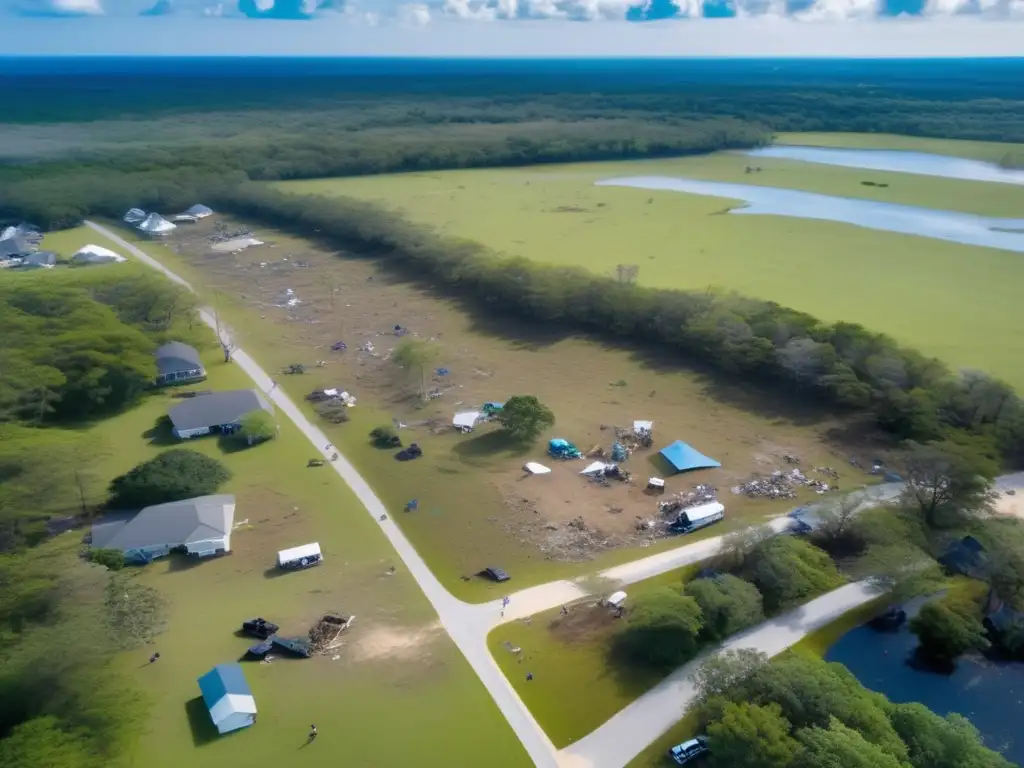 Organizing Community Clean-Up Efforts After A Hurricane
Organizing Community Clean-Up Efforts After A Hurricane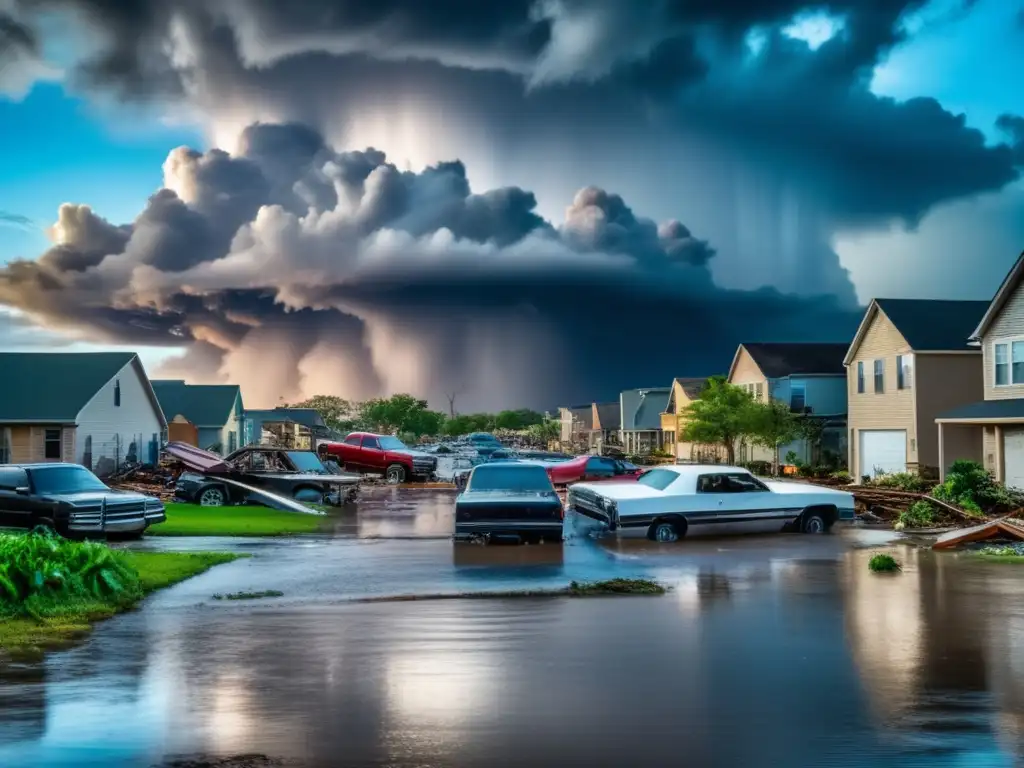 Picking Up The Pieces: First Steps After A Hurricane
Picking Up The Pieces: First Steps After A Hurricane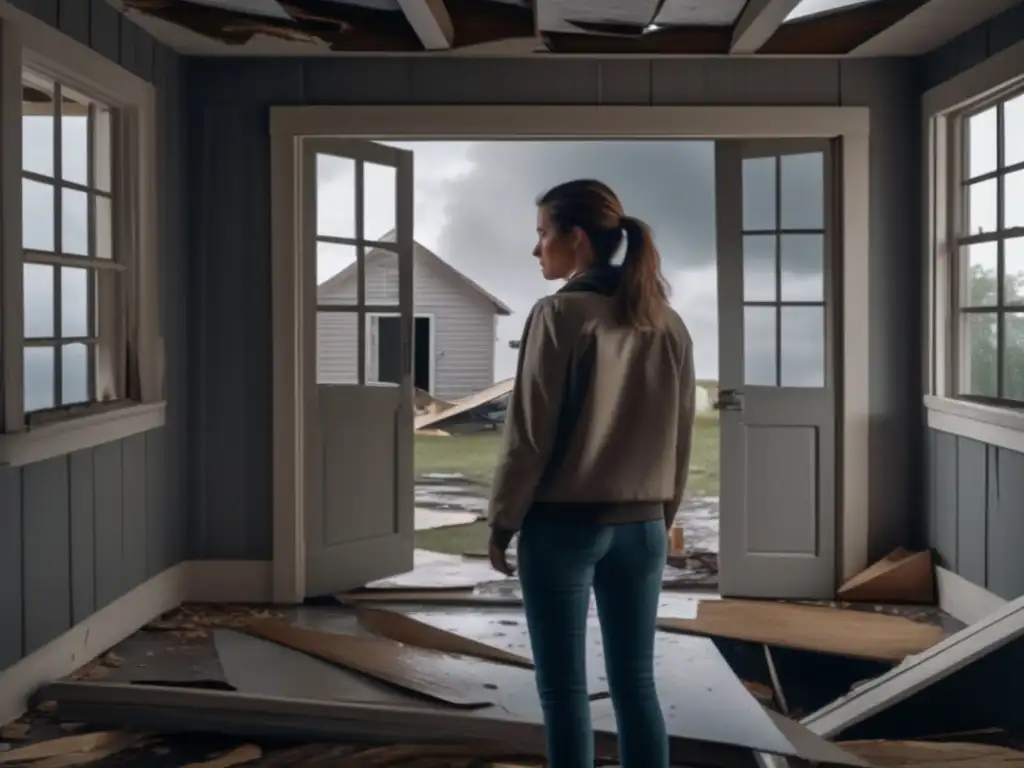 Damage Assessment: How To Evaluate Hurricane Damage To Your Home
Damage Assessment: How To Evaluate Hurricane Damage To Your HomeIf you want to discover more articles similar to Supporting The Elderly: Special Considerations Post-Hurricane, you can visit the Hurricane recovery: category.
Leave a Reply

Articulos relacionados: